Altoona Behavioral Health | Primary Health Network
620 Howard Avenue
Blair Medical Center
Altoona, PA 16601
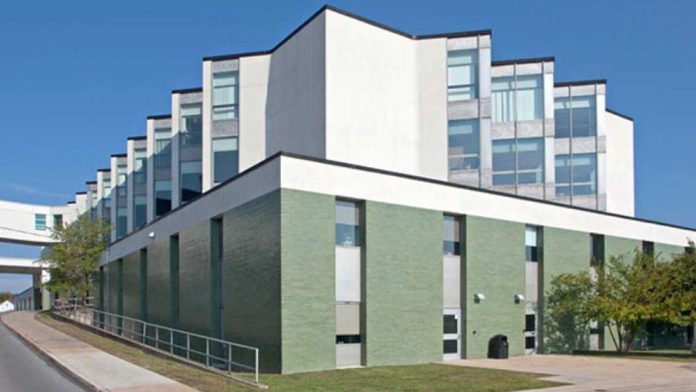
About Altoona Behavioral Health | Primary Health Network
The University of Pittsburgh Medical Center (UPMC)’s Altoona Behavioral Health Access Center is part of the UPMC family. The organization is headquartered in Pittsburgh, Pennsylvania but the Behavioral Health Access Center is located in Altoona, Pennsylvania. Whether you're struggling with a mental health condition or substance use disorder, they provide services to support your mental health.
The 24-hour free crisis services include a hotline and mobile crisis team that can travel anywhere in Blair County to provide you with face-to-face crisis services. During business hours you can walk into the center or connect with clinicians or peer support specialists Monday through Friday in a therapeutic milieu. The Behavioral Health Access Center includes other services such as providing referrals to services for people in all age groups that address inpatient and outpatient drug and alcohol rehabilitation.
Community services here also include prevention programs, case management, dual diagnosis treatment, family based care and senior assessments. When you call the access center, you'll be expected to provide some information over the phone so that a trained staff member can decide on the proper level of treatment and make an appointment with a provider of your choice.
The Access Center is a non-profit community health care provider including a 350-bed acute care teaching hospital and several outpatient centers. They accept insurance for most major providers and can offer some financial assistance when you are uninsured or underinsured if you meet eligibility requirements.
Amenities
Private drug rehab provides a comfortable, secure environment that allows you to focus on doing the work to get your life back on track. Benefits include a higher staff-to-client ratio, increased one-on-one time with therapists and healthcare providers, private rooms for clients, and customized forms of therapy.
Residential drug rehab provides the comforts of home with the therapeutic support needed to successfully recover. Benefits of an inpatient program include increased safety, a higher success rate, and the time and distance given to focus on recovery. Residential drug rehabs are often the preferred method of treatment, as they can be tailored to meet specific needs, offer focused therapeutic care, and provide the necessary tools to sustain recovery.
In order to maintain a sense of autonomy, many private rehab facilities offer clients the ability to choose their own private rooms. The privacy and personal space ensure that the recovery process is as comfortable as possible.
Addiction Treatment Programs
A young adult program in Pennsylvania provides a comfortable, age-appropriate environment for treatment. These programs offer life skills education, individualized treatment, family therapy, and aftercare.
The Keystone State offers many resources for those struggling with substance use disorders. Each adult program in Pennsylvania provides individualized care, to meet people where they are and help them take the next step on their recovery journey.
Alcohol rehab in Pennsylvania uses various treatment techniques to teach you how to change your lifestyle, living environment, and social connections. These changes help you control urges to drink and learn how to prevent relapse.
Men’s rehab in Pennsylvania can help men receive support from other men who understand their challenges. This provides a sense of camaraderie that relieves feelings of isolation.
Women’s rehab in Pennsylvania helps females struggling with substance use disorders build the skills necessary to maintain sobriety. Treatment is designed to help women stay on track for long-term recovery.
Opioid rehab in Pennsylvania often includes medication assisted treatment, which helps alleviate withdrawal. This treatment is combined with other therapies that give you skills to navigate addiction and achieve long-term recovery.
Cognitive behavioral therapy in Pennsylvania helps participants identify inaccurate thinking and learned patterns of negative behavior and how to change them. It gives participants the skills to relieve their symptoms without turning to substances.
Drug rehab in Pennsylvania is devoted to the treatment of addiction. Levels of care, treatment methods, and settings differ, but the aim of each program is to end drug dependency and empower participants to achieve long-term recovery.
Elderly rehab in Pennsylvania works with older adults who are facing addiction. Common services include management of chronic health conditions, case management, and education about prescription medications.
Rational emotive behavioral therapy in Pennsylvania focuses on the present and the relationship between dysfunctional thinking and emotional and behavioral dysfunction. This treatment can uncover faulty beliefs and help you understand what is contributing to your addiction.
Fitness therapy is an evidence-based complementary approach to addiction recovery and mental health care. Based on mounting scientific evidence of the benefits of physical activity in improving mood, enhancing clients’ sense of wellbeing, and decreasing depression and anxiety, fitness therapy encompasses a wide spectrum of intensities, from gentle yoga, qigong, and tai chi to weight training, kickboxing, and other highly physical activities.
Levels of Care
While undergoing outpatient treatment in Pennsylvania, you’ll work through challenges such as cravings, social skills, and relapse prevention as you meet with a recovery expert and attend 12-step meetings. This treatment may last a few weeks or several months, depending on your recovery needs.
Mental illness and substance abuse are so integrated that they must be treated together. Ignoring one and treating the other doesn’t work. Dual diagnosis treatment in Pennsylvania effectively addresses both mental health and substance abuse disorders, for the best outcomes.
Following rehab, you can receive much-needed ongoing support through aftercare rehab in Pennsylvania. Services may include financial planning, career guidance, legal advice, and other practical supports, as well as counseling and 12-step groups. Taking advantage of these resources greatly reduces the chance of relapse.
When first starting drug rehab in Pennsylvania, many individuals begin with inpatient rehab. This involves staying at the facility 24/7 and receiving a variety of treatment methods that typically include group and individual counseling.
An average stay at a Pennsylvania sober living home is designed to decrease your chances of relapsing. While there, you’ll work on strengthening your recovery skills and prepare to live on your own. You’ll attend 12-step meetings, work or go to school, and follow a structured schedule that provides stability and accountability.
Intervention specialists are often a key part of the recovery process. These professionals provide pre-intervention counseling to family members, assistance with intervention facilitation, and valuable resources and insight to develop an effective treatment plan for drug rehab in Pennsylvania.
Partial hospitalization programs (PHPs) in Pennsylvania typically provide addiction treatment five days a week for several hours each day. During sessions, staff emphasize the importance of maintaining sobriety and complying with your individual recovery program.
Accreditations
Contact Information
Nearby Treatment Centers
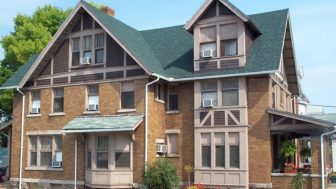
1311 13th St
Sylvan Building
Altoona, PA 16601
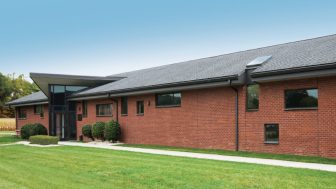
2 Sellers Drive
suite b
Altoona, PA 16601
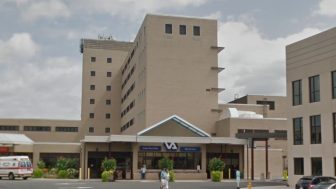
2907 Pleasant Valley Boulevard
Altoona, PA 16602
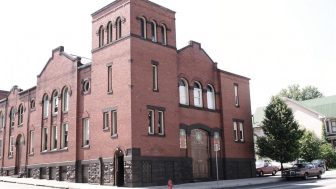
901 6th Avenue
Altoona, PA 16602